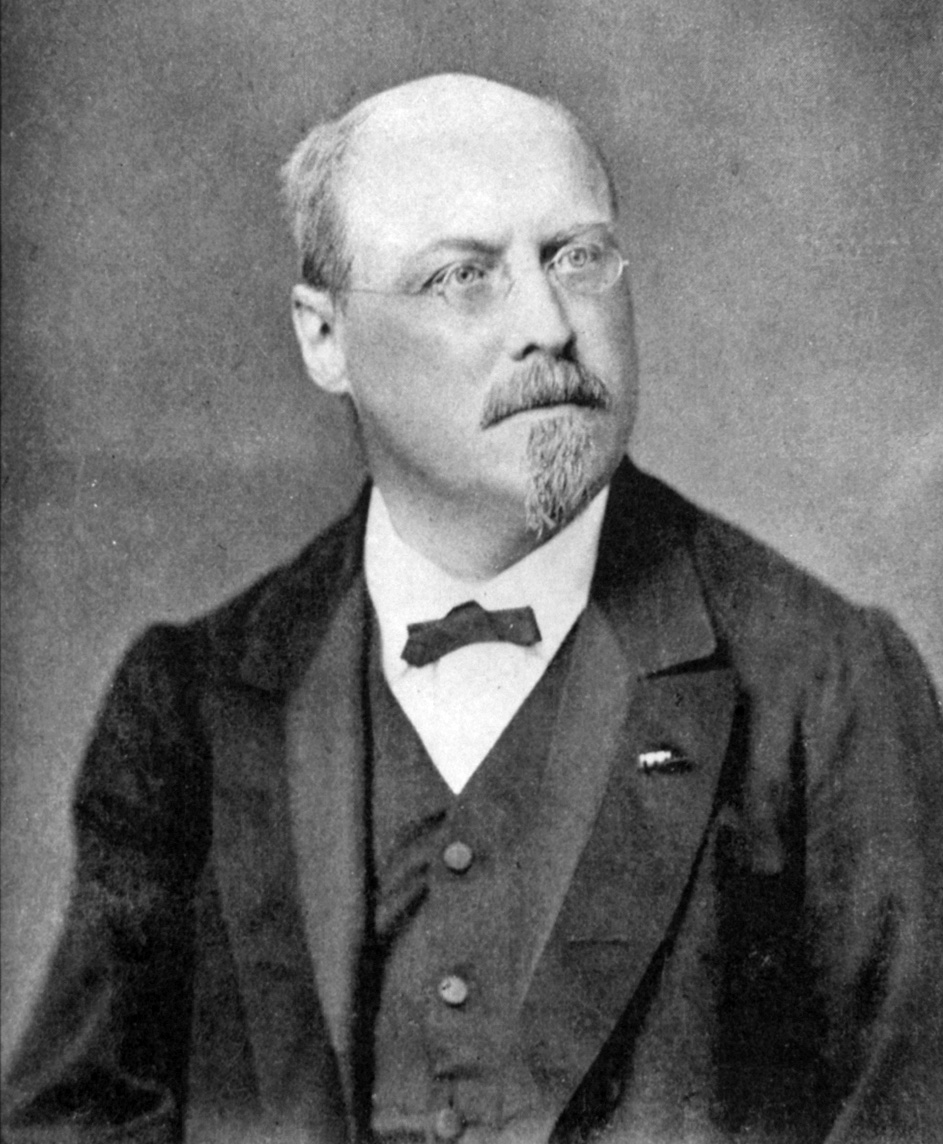[ad_1]
Joachim Raff, 2024
This Week in Classical Music: Might 27, 2024. Joachim Raff. The German composer Joachim Raff was born on today in 1822. For all of the years we’ve been writing these entries, not as soon as did  we point out his identify. After all, there are millions of composers whose names escaped our consideration, however these are often second and third-tier; what makes Raff’s case uncommon is that on the peak of his reputation within the 1860s and 70s, his work was extra widespread than that of another residing German composer, together with Bruckner (under no circumstances widespread throughout his lifetime) and Brahms. Quickly after his demise, Raff’s music was forgotten, and only a few items are nonetheless carried out at the moment; it’s attention-grabbing to look again to see what attracted the delicate German public to his work and why it was deserted so shortly. Raff, of German descent, was born in Switzerland, the place his father escaped to keep away from conscription through the Napoleonic wars. He was educated as a instructor, however as a musician, Raff was largely self-taught (he turned an completed pianist and organist); he began composing in his early 20s. Raff despatched a few of his work to Mendelssohn, who praised it and helped to get it printed. In 1845 Raff, who lived in Zurich, met the nice Franz Liszt. Liszt took a liking to him and located Raff a job in Cologne in a piano and music retailer. Whereas in Cologne, Raff met Mendelssohn face-to-face and stayed involved with Liszt. In 1847 he moved to Stuttgart and met the younger Hans von Bülow. Bülow would later go to review with Liszt, marry his daughter Cosima, after which lose her to Wagner. He would even be one of many Nineteenth-century greatest pianists and conductors. Bülow and Raff turned greatest pals; Bülow had sturdy opinions and a pointy tongue and typically criticized Raff’s compositions however their friendship survived for the remainder of Raff’s life.
we point out his identify. After all, there are millions of composers whose names escaped our consideration, however these are often second and third-tier; what makes Raff’s case uncommon is that on the peak of his reputation within the 1860s and 70s, his work was extra widespread than that of another residing German composer, together with Bruckner (under no circumstances widespread throughout his lifetime) and Brahms. Quickly after his demise, Raff’s music was forgotten, and only a few items are nonetheless carried out at the moment; it’s attention-grabbing to look again to see what attracted the delicate German public to his work and why it was deserted so shortly. Raff, of German descent, was born in Switzerland, the place his father escaped to keep away from conscription through the Napoleonic wars. He was educated as a instructor, however as a musician, Raff was largely self-taught (he turned an completed pianist and organist); he began composing in his early 20s. Raff despatched a few of his work to Mendelssohn, who praised it and helped to get it printed. In 1845 Raff, who lived in Zurich, met the nice Franz Liszt. Liszt took a liking to him and located Raff a job in Cologne in a piano and music retailer. Whereas in Cologne, Raff met Mendelssohn face-to-face and stayed involved with Liszt. In 1847 he moved to Stuttgart and met the younger Hans von Bülow. Bülow would later go to review with Liszt, marry his daughter Cosima, after which lose her to Wagner. He would even be one of many Nineteenth-century greatest pianists and conductors. Bülow and Raff turned greatest pals; Bülow had sturdy opinions and a pointy tongue and typically criticized Raff’s compositions however their friendship survived for the remainder of Raff’s life.
Raff adopted Lisz to Weimar, the place, as Liszt’s protégé, he entered the circle of “New German composers,” an influential group that included Wagner. There he met Brahms and the well-known violinist and conductor Josef Joachim. He additionally met his future spouse, actress Doris Genast. Issues seemed optimistic for some time however finally, it turned clear that alternatives in Weimer had been restricted. And so, regardless that Liszt aided Raff financially and supported his musical efforts, Raff determined to depart Weimar. Round 1858, he discovered a place in Wiesbaden and moved there. It was in Wiesbaden that Raff composed nearly all of his work and achieved public recognition. His First Symphony, a 70-minute composition subtitled An das Vaterland (To the Fatherland) was composed between 1859 and 1861 and was effectively acquired. And so had been many different works that adopted: his Third Symphony (Im Walde, Within the Forest) turned one of the vital often-performed symphonies of its time, and the Fifth (Lenore) was additionally acquired enthusiastically. His piano and violin concertos turned widespread and the chamber items had been extensively carried out. It’s even stated that Raff’s music had some affect on Tchaikovsky and Richard Strauss. It’s not clear why Raff was forgotten so shortly. Certainly, he was not very authentic, a lot of his music was too lengthy, and he wrote an excessive amount of of it. However the identical might be stated about some 19th-century composers who’re nonetheless feted at the moment. And a few of Raff’s music may be very fairly. Nowadays only a few of his items are performed, his Fifth Symphony, Lenore, is one in all them. You’ll be able to decide for your self whether or not it’s value it. Right here’s the 1st motion of this symphony. Yondani Butt is main the Philharmonia Orchestra. And if you wish to hear extra, right here’s the remainder of the symphony: the 2nd, third and 4th actions.
[ad_2]




